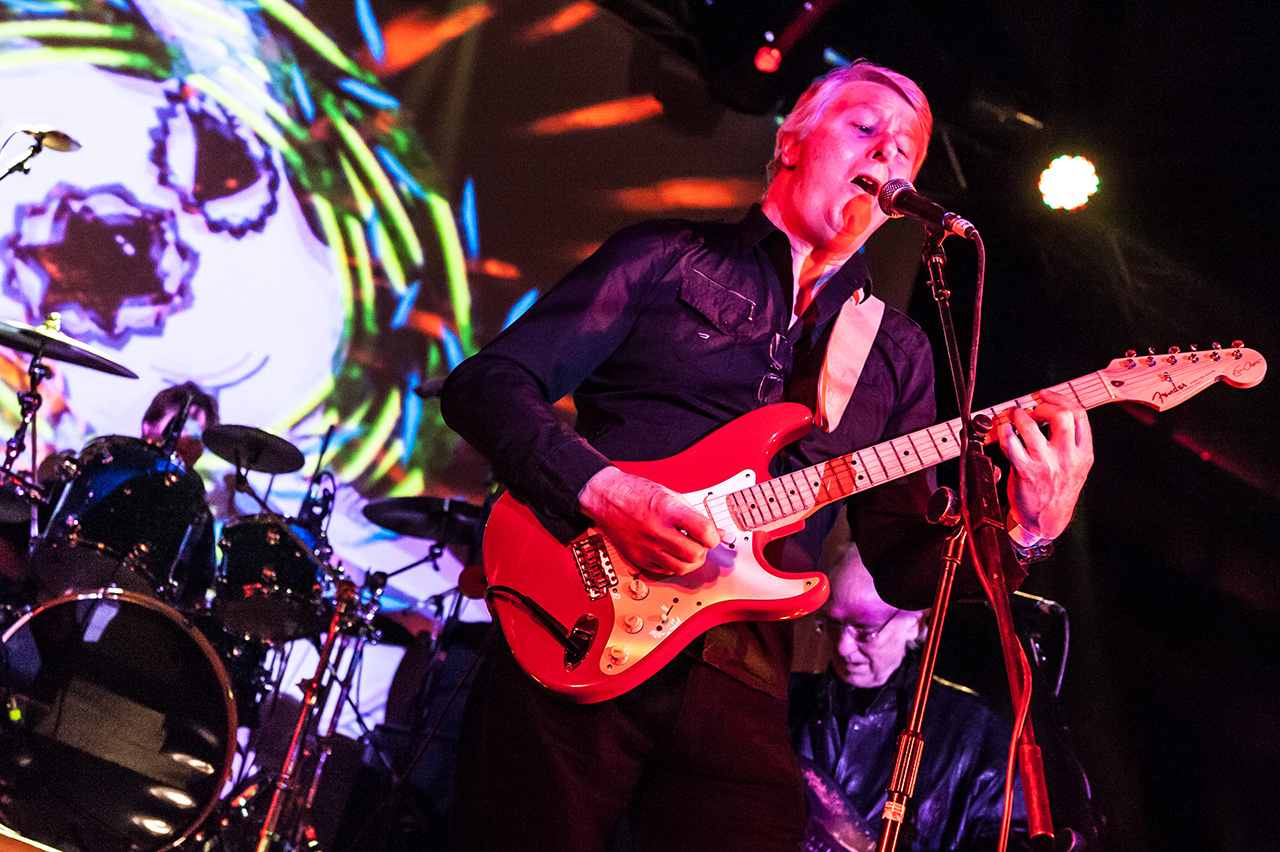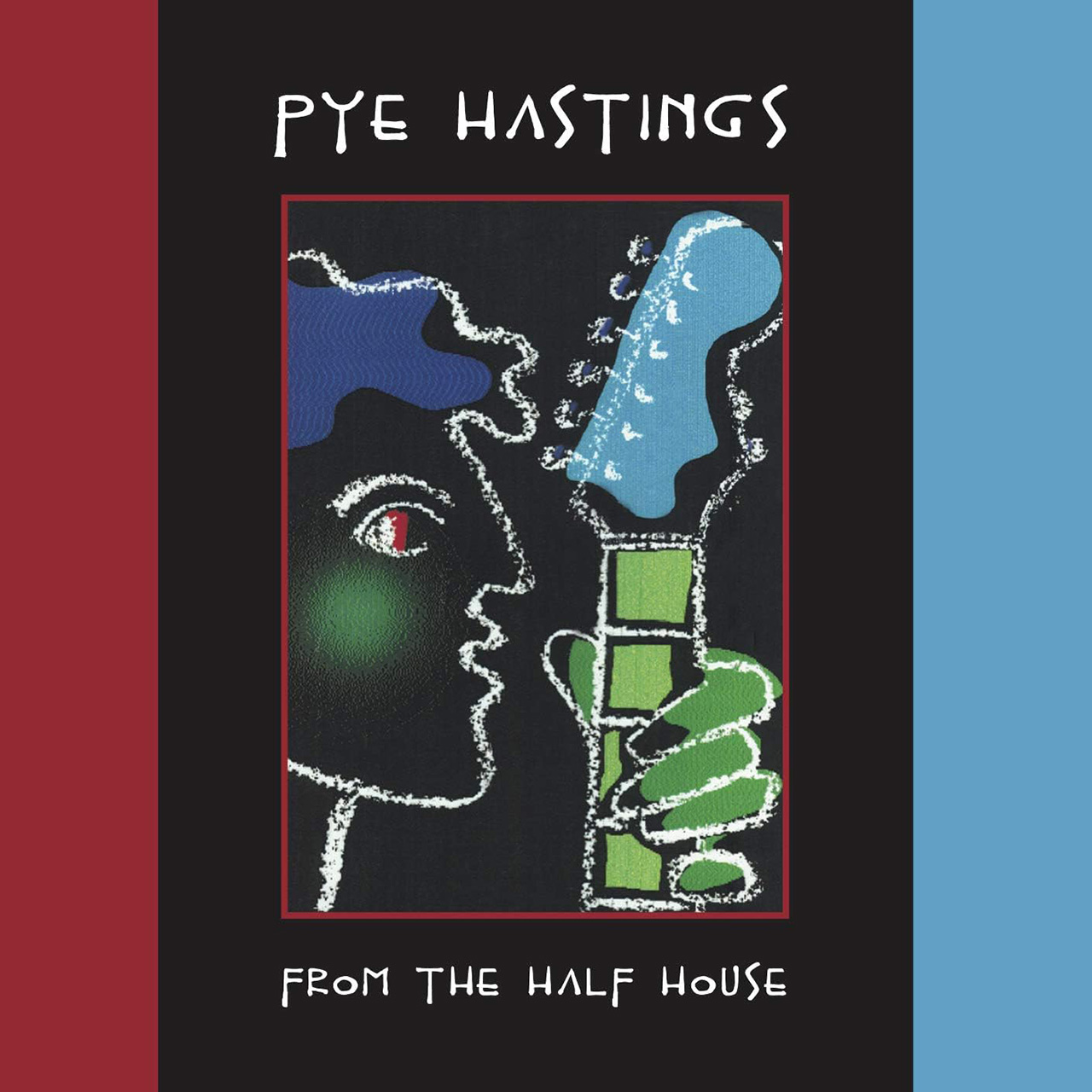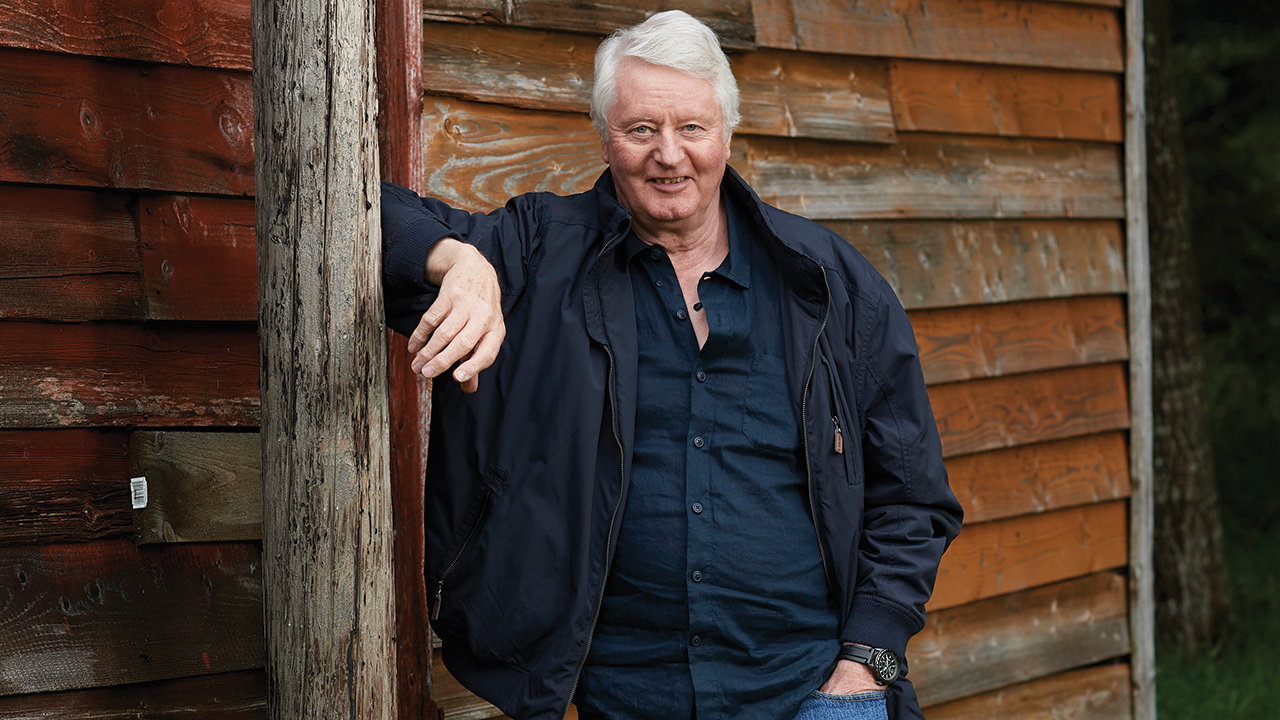Pye Hastings has never been a peripatetic musician. He’s spent his entire career with just one band, Caravan. But in 2017 – at the youthful age of 70 – he branched out and released his debut solo album From The Half House, leading Prog to wonder if it was the start of a new phase of the Canterbury veteran’s career.
When did you decide to do a solo album?
I first thought about it in the 1970s when Caravan were going through a period of change, with people leaving to further their own careers. I had already written all the tracks for the 1973 album For Girls Who Grow Plump In The Night and was intending to record it under my own name. However, our management convinced me that if it was released under Caravan’s name it would reach a much wider audience.
Back to the present time, and I had an opportunity to go down this road once more when Geoffrey Richardson – Caravan’s longest-surviving member bar myself – accepted an invitation to rejoin Renaud, a French superstar, for a year‑long stadium tour. There were a few Caravan gigs lined up during this period, which I was determined to honour, so I had the chance to work with some different musicians; namely John Etheridge of Soft Machine and Jimmy Hastings, my brother. I was really worried initially, but our agent wisely said, “The fans will come to see the band, not any individuals.” He was dead right.
I’ve never been blessed or cursed by large amounts of self-esteem. I worried whether doing a solo project was the right thing, so I asked friends and family. They all said, “Everyone else in the band has released a solo album – why not you?”
How long did it take to write the songs?
When I moved to Scotland 10 years ago I bought myself an iMac, the Logic recording program and a keyboard, with the intention of doing some home recording. A whole new world was about to open up for me. My son Julian – a recording engineer and producer – got me going initially. Eventually, with his persuasion, I started to get the hang of it. The first tune I wrote was an embryonic version of Away, which is the final instrumental track on the album. Then I discovered how to work with loops and wrote the basis of I’ll Be The Judge and When You’re On Your Own, all on keyboards and both on the album.

Are the songs very personal to you on a lyrical level?
I like to think that I’m an observational writer; so, no, not personal on this occasion, in that they don’t refer to anyone I know. I don’t find it easy to write lyrics, but once I get started, I realise there are so many reference points in one’s memory that it inevitably starts to unravel. For instance, my wife, being a criminal defence lawyer, has a wealth of stories relating to her time in court, and she’s spoken about some of the more memorable cases. No names have ever been mentioned, but subconsciously I’ve taken a lot of this in, and when it came to writing I’ll Be The Judge, I had it all there already.
How tough was it to make this album, compared to working with Caravan?
A bit tricky initially, because I’ve written exclusively for Caravan since 1968. I started from the premise of producing 10 songs that would not intentionally be in the Caravan style. What would be the point of producing something that was exactly like Caravan without having the rest of the guys there?
At the end of the first day, it was clear that it was going to be nowhere near as daunting as I’d first thought
How did you decide which musicians to involve?
I’m fortunate in having a musician of Jimmy’s calibre to call on. He’s guaranteed to add a certain magic to any recording, and he was naturally my first choice. I knew at some time I’d need some keyboards above and beyond my own efforts, so I called Jan Schelhaas. I would send him the multitrack of a song with a hint of direction and he’d add his bit and then send it back for us to mix.
I mentioned to John Etheridge while he was doing a guest appearance for Caravan in Monaco that I was embarking on my first solo project, and he offered right out of the blue to come up to Scotland to do some soloing for me. Mark Walker also found out about the project and said how much he wanted to be involved.

Why did you decide to keep the production in the family, with your son Julian acting as producer?
At the outset, Julian and I decided that we should start recording at home and see how far we could get using the technology. At the end of the first day, it was clear that it was going to be a lot of fun and nowhere near as daunting as I’d first thought. So we just ploughed on.
Will you do any live solo shows?
At this stage I have no plans, but it’s early days. If there is interest I’d be foolish to ignore any invitations that come my way. What’s more likely is that if I can convince Caravan to do different versions of some of the songs. That would be the best of both worlds.

